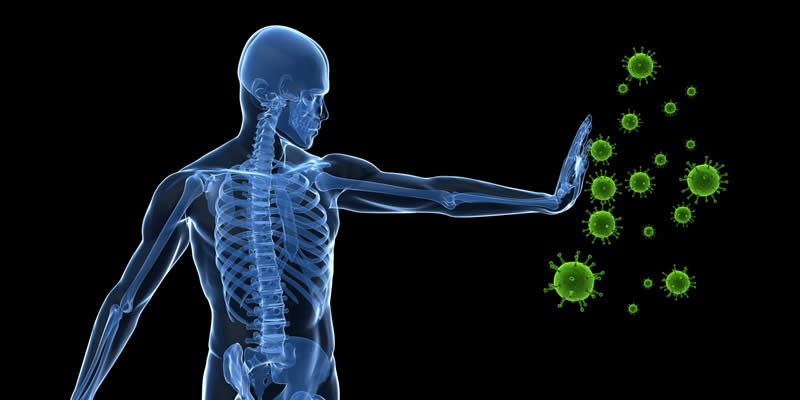Being stressed speeds up the aging process of the immune system, latest research has identified.
Academics from the University of Southern California have found that stressful situations can escalate an individual’s risk of developing cancer, heart disease and infections such as COVID-19.
Senior author Eric Klopack said: “As the world’s population of older adults increases, understanding disparities in age-related health is essential.
“Age-related changes in the immune system play a critical role in declining health. This study helps clarify mechanisms involved in accelerated immune aging.”
Older people are more at risk of developing immunosenescence, a condition where the immune system starts to weaken and includes a high number of diminishing white blood cells rather than new cells.
Previous studies have detected a link between immune aging and an increased risk of developing cancer, heart disease, pneumonia and organ system aging. Those affected by immune aging are also less protected by vaccines, the report has revealed.
During the study, more than 5,000 participants self-reported their stress levels in a questionnaire.
The researchers also examined blood samples from the participants to assess their white blood cells.
They found that those who regularly felt stressed had a higher percentage of older white blood cells compared to those with a lower stress score.
Prior research has also reported that an inactive lifestyle and an unhealthy diet accelerates an aging immune system.
“In this study, after statistically controlling for poor diet and low exercise, the connection between stress and accelerated immune aging wasn’t as strong,” said Klopack.
He added: “What this means is people who experience more stress tend to have poorer diet and exercise habits, partly explaining why they have more accelerated immune aging.”
According to the researchers, a cytomegalovirus (CMV) vaccination can combat an aging immune system.
The asymptomatic condition can trigger immune aging, however being vaccinated against it can significantly slow down the process.
The full set of results can now be accessed in the journal Proceedings of the National Academy of Sciences (PNAS).





